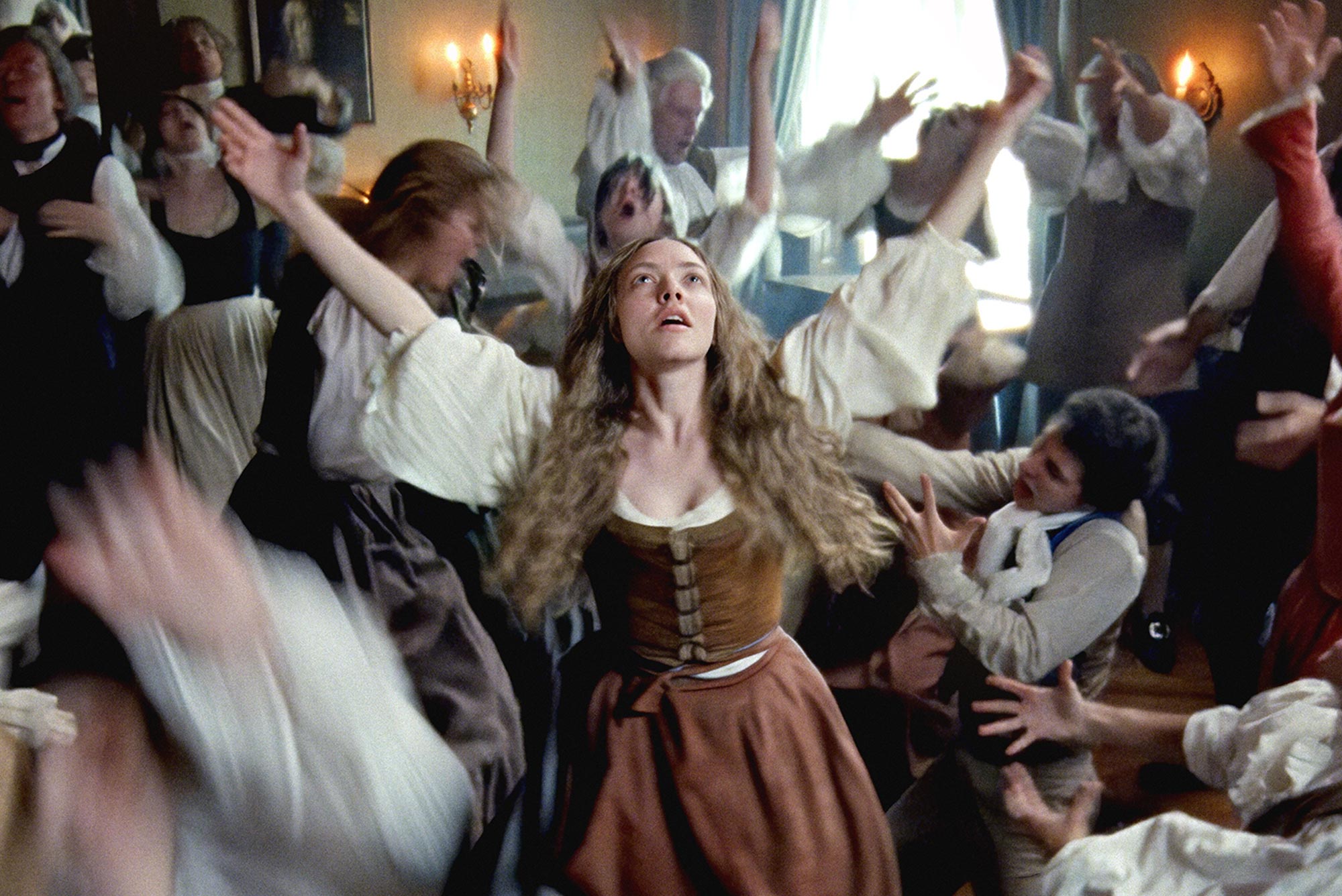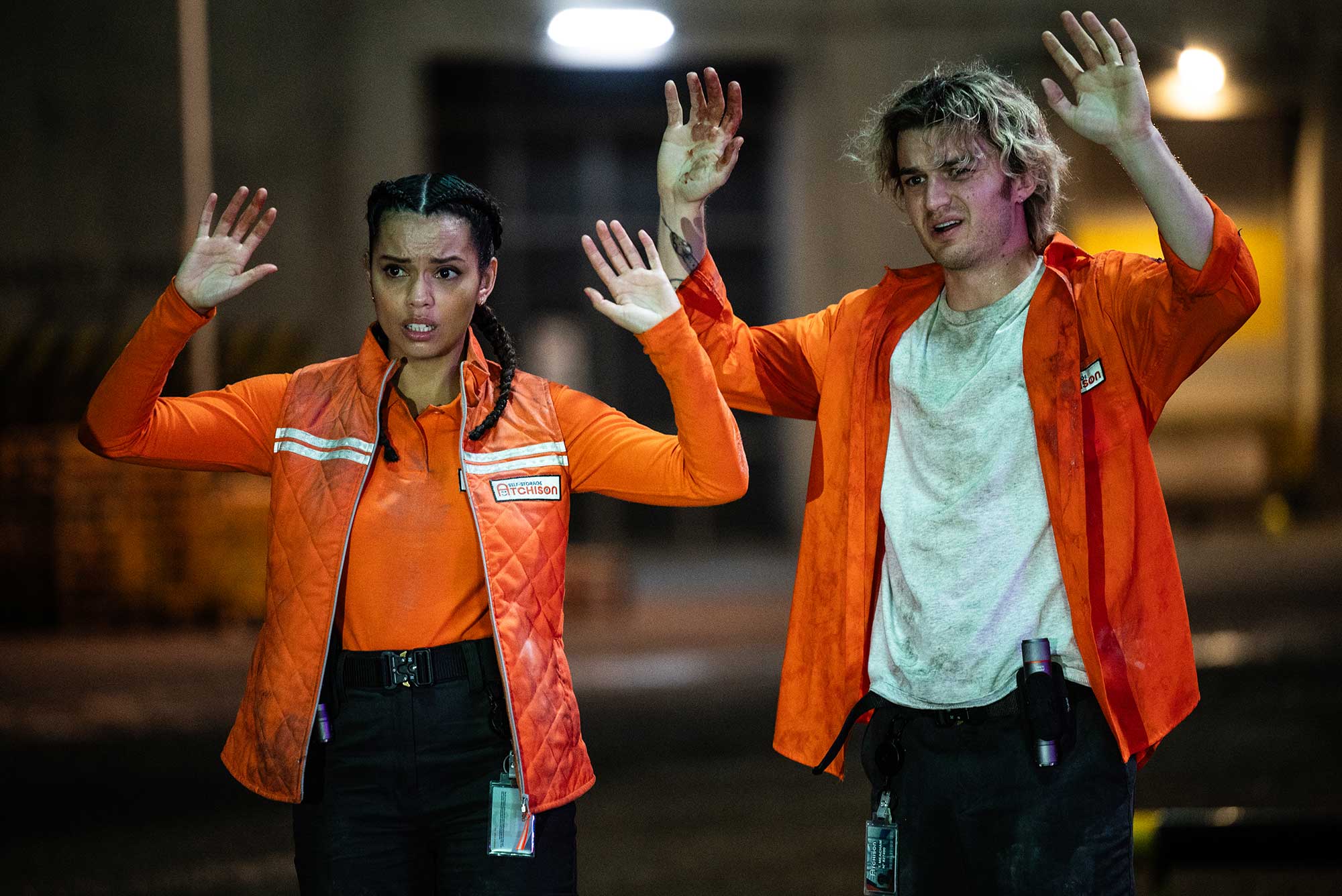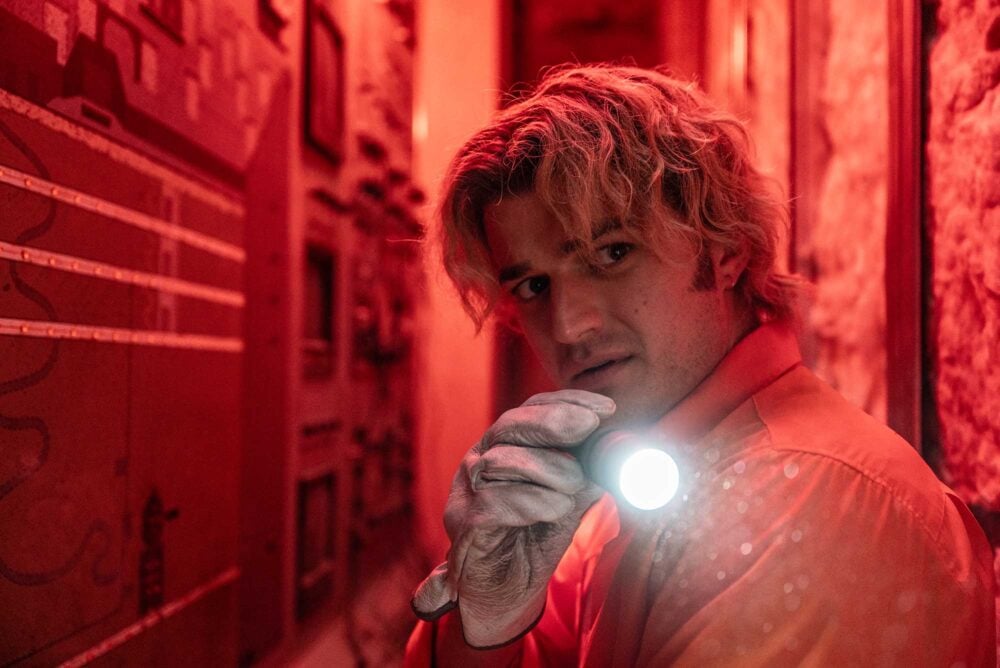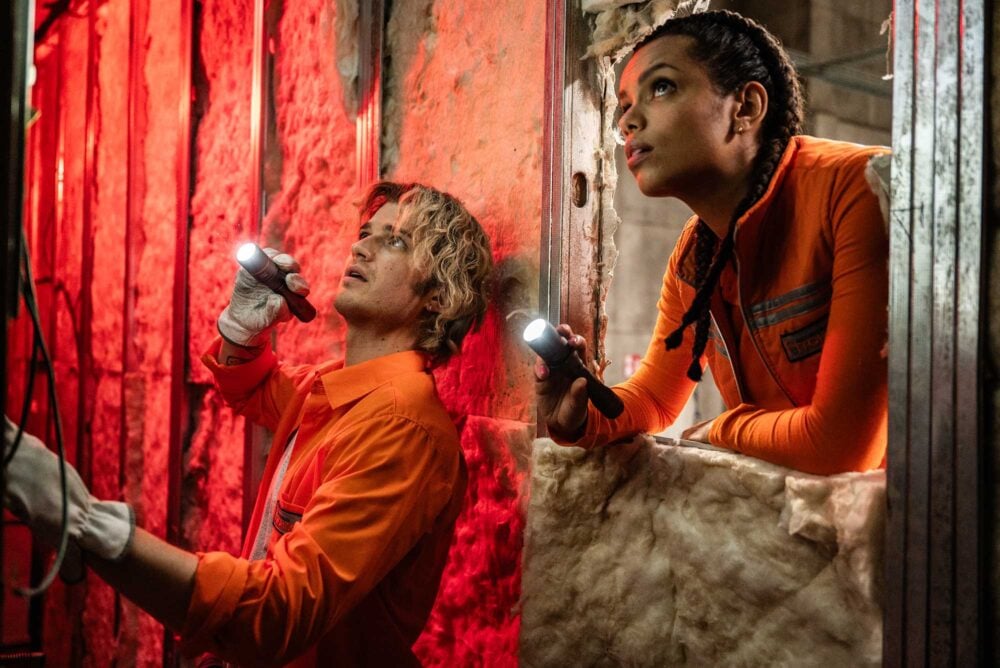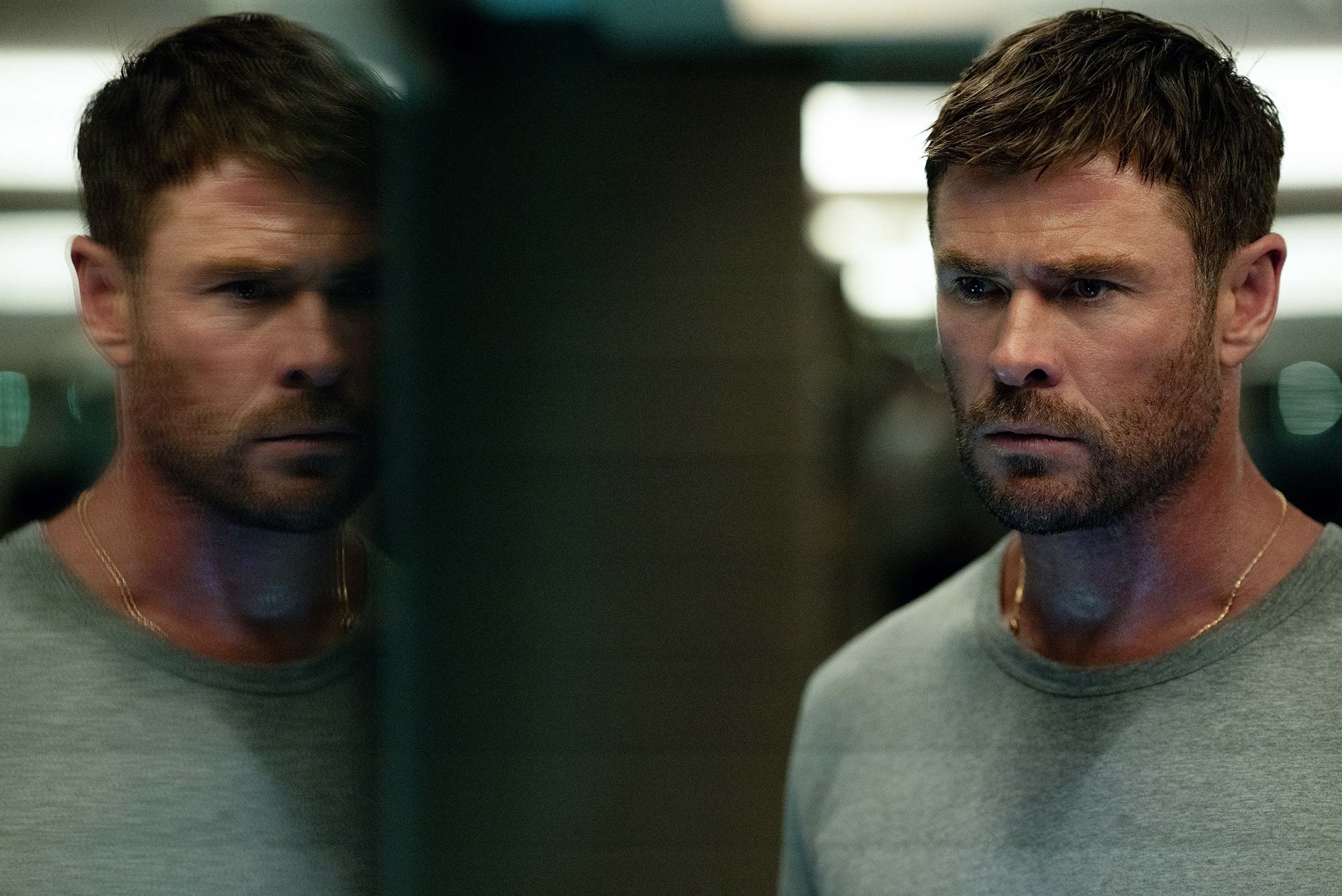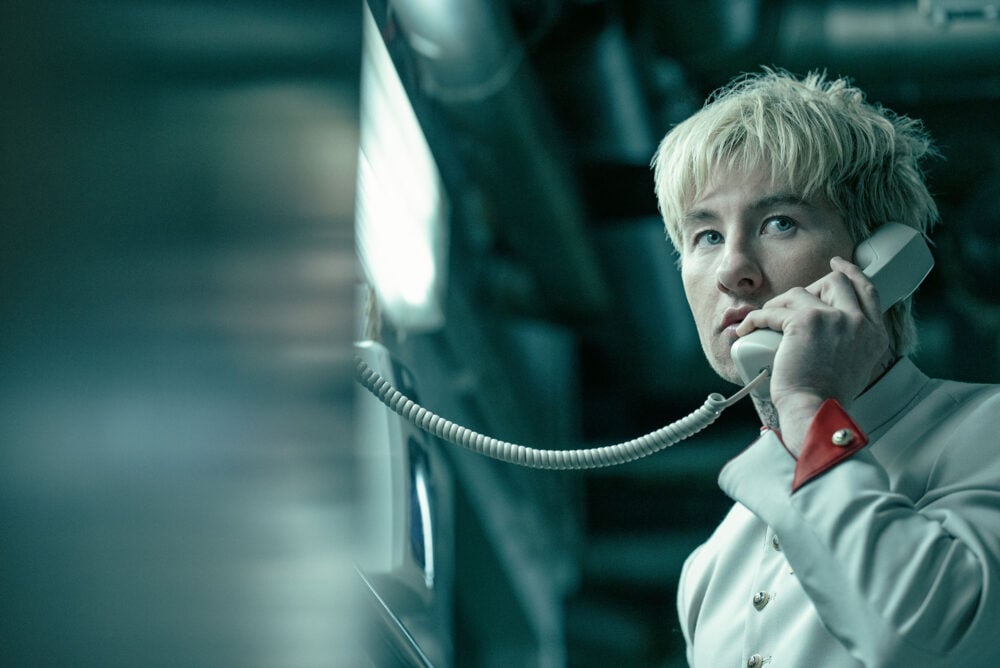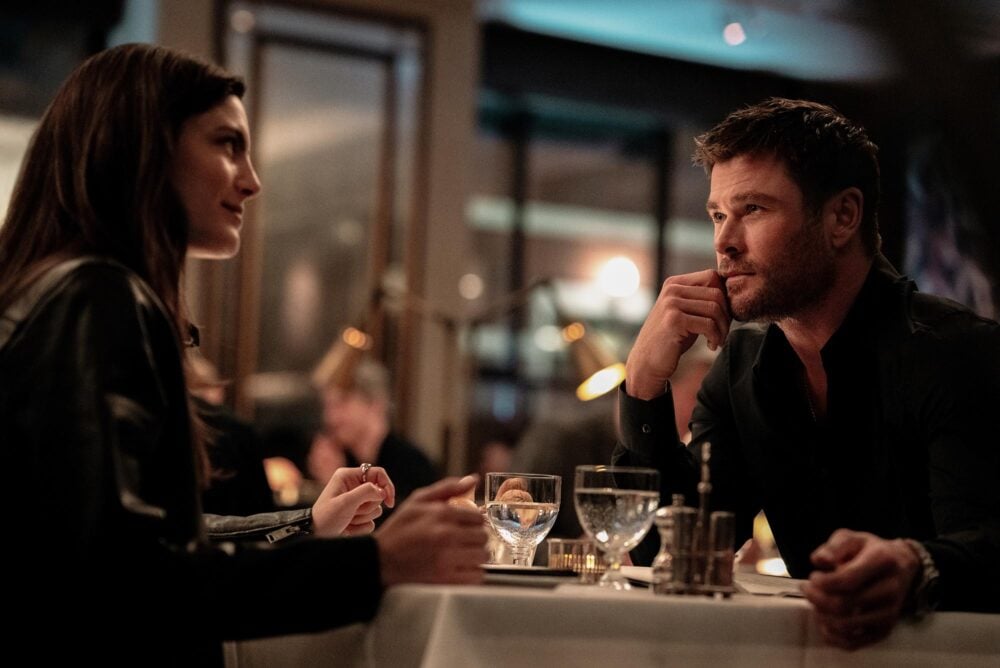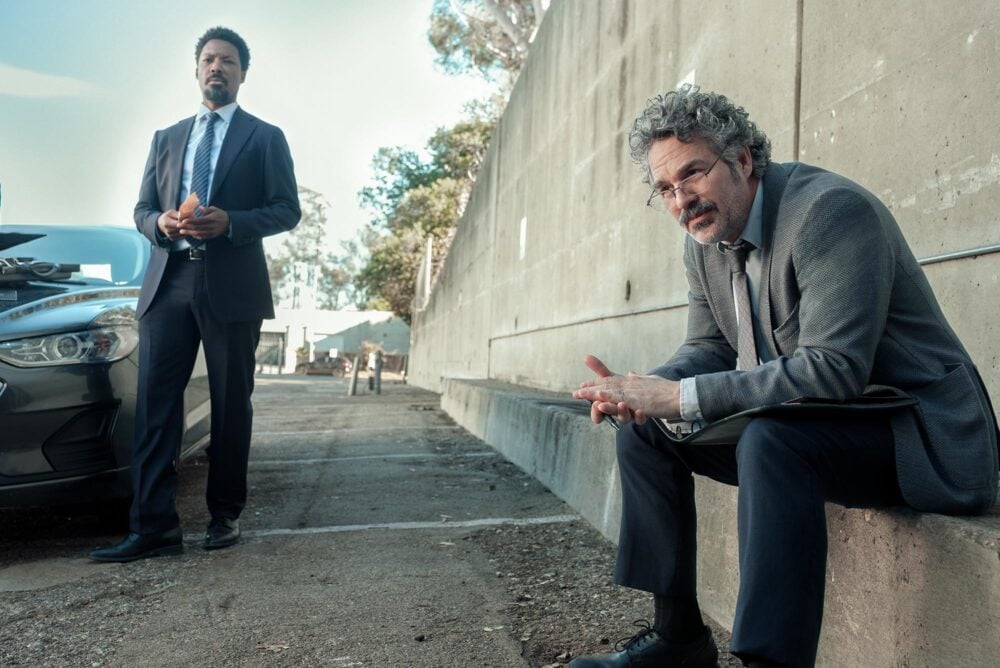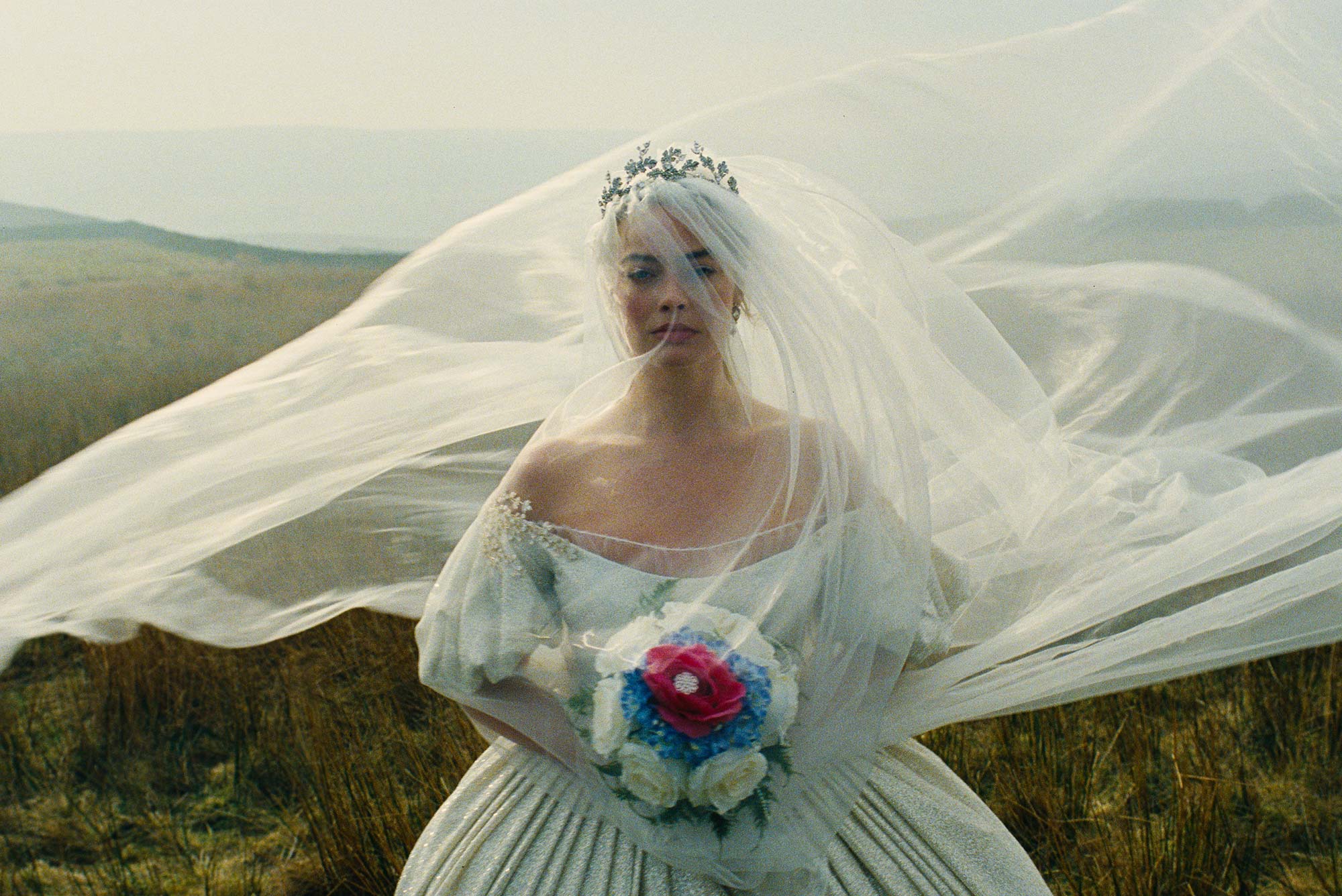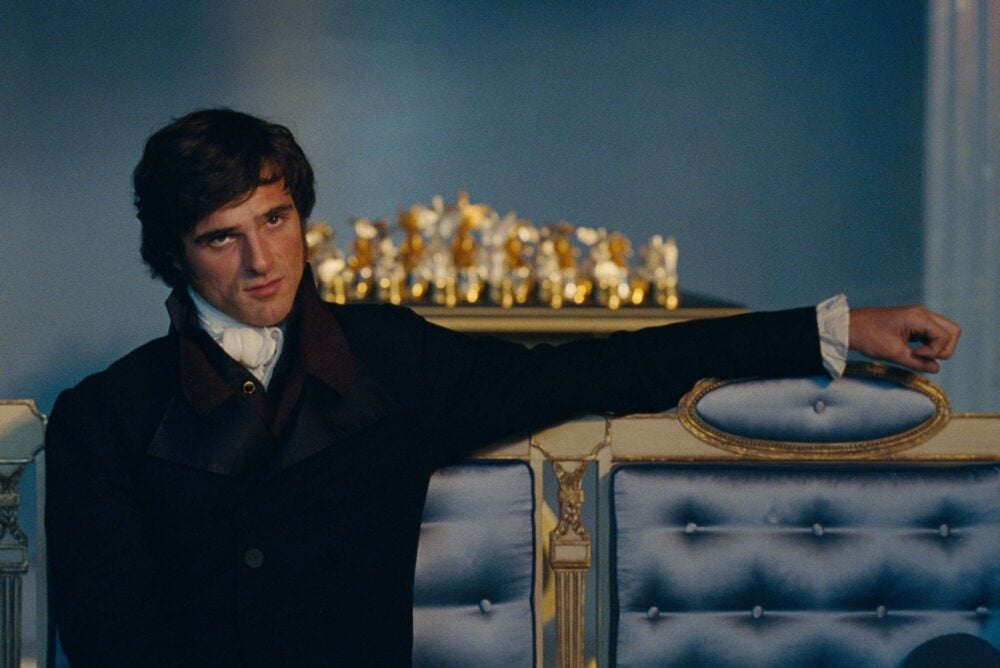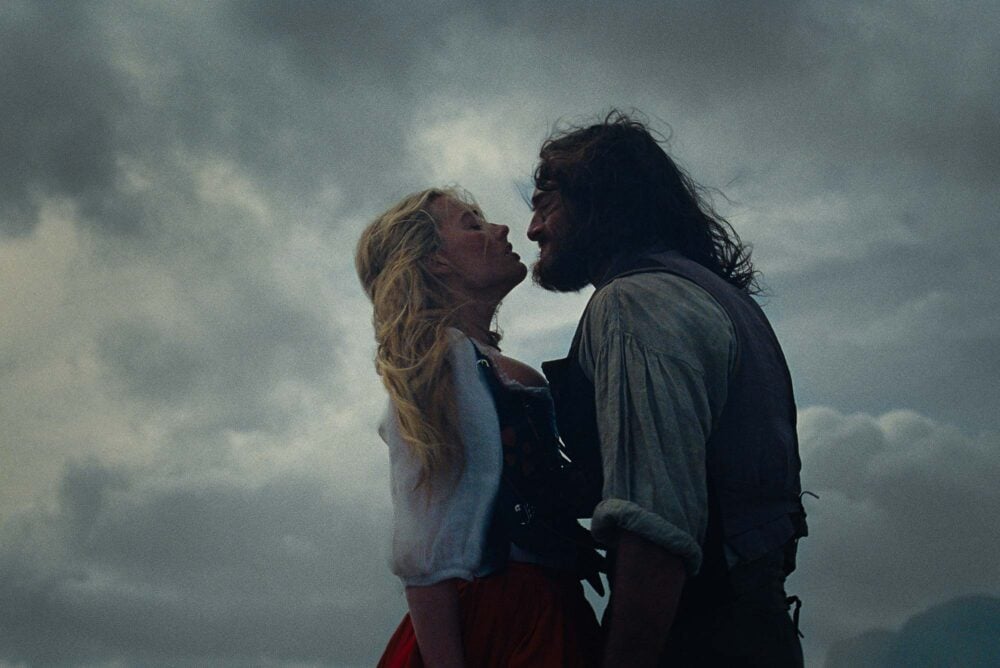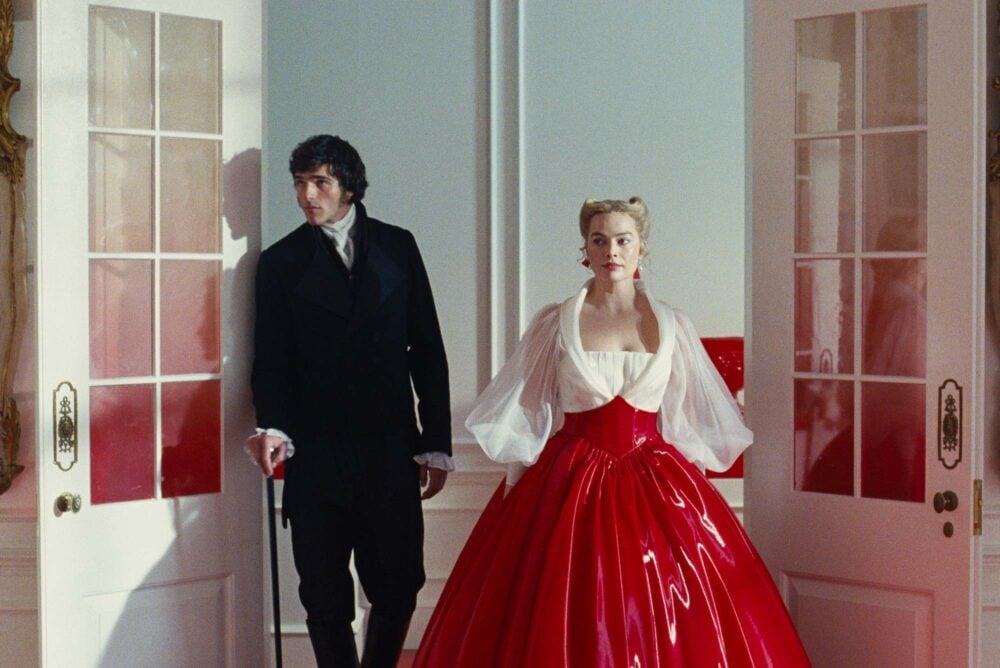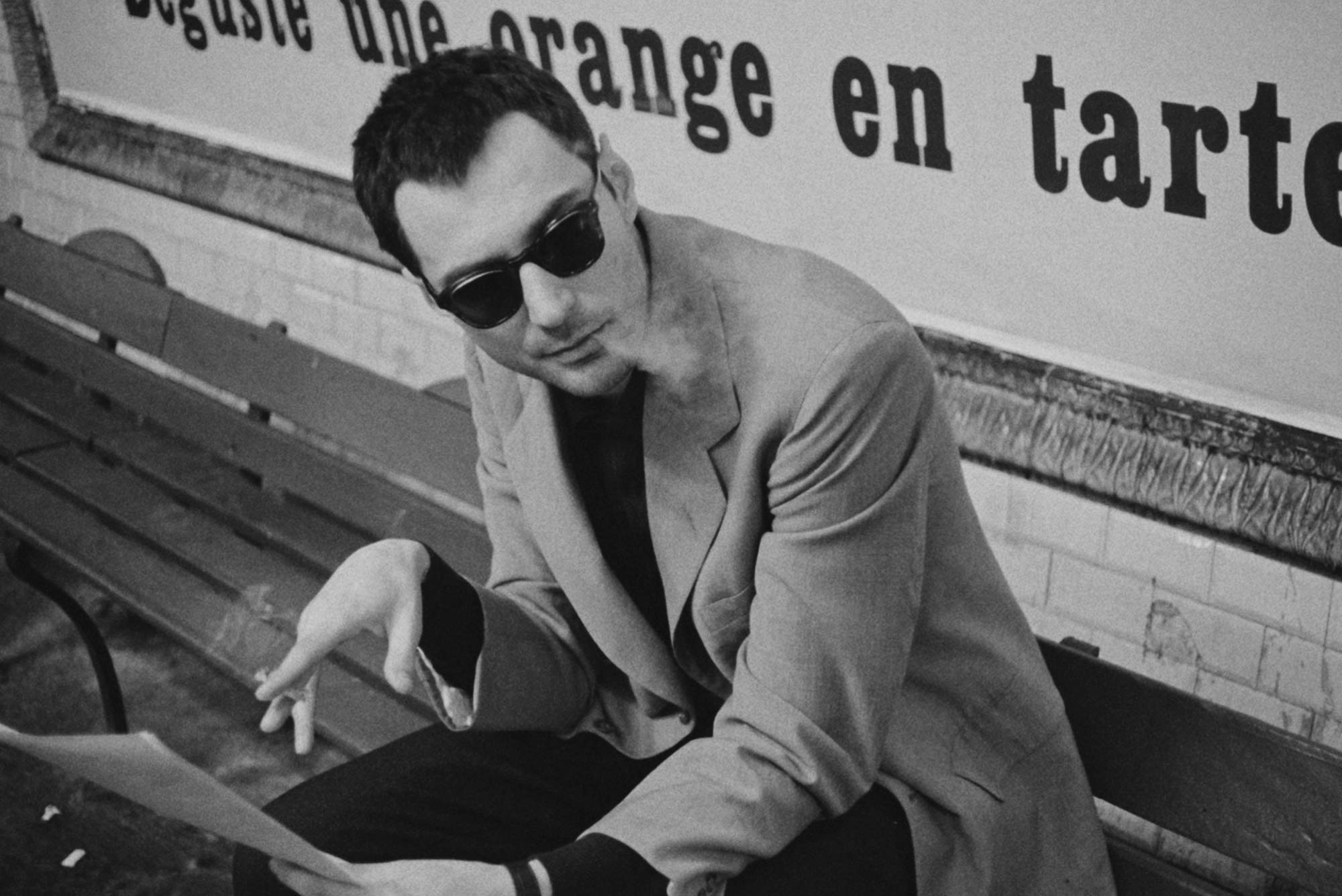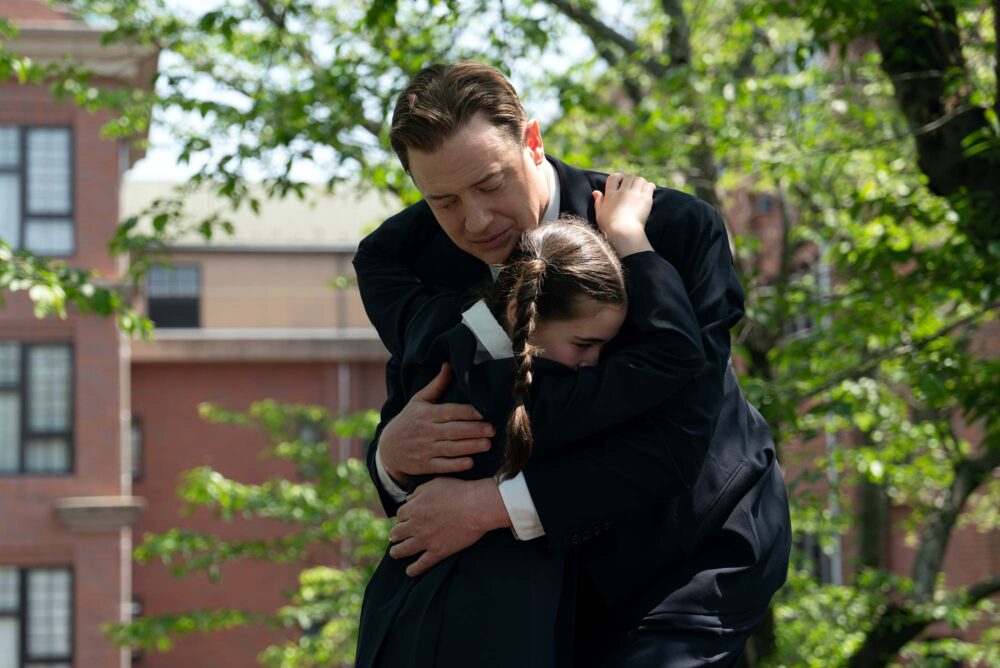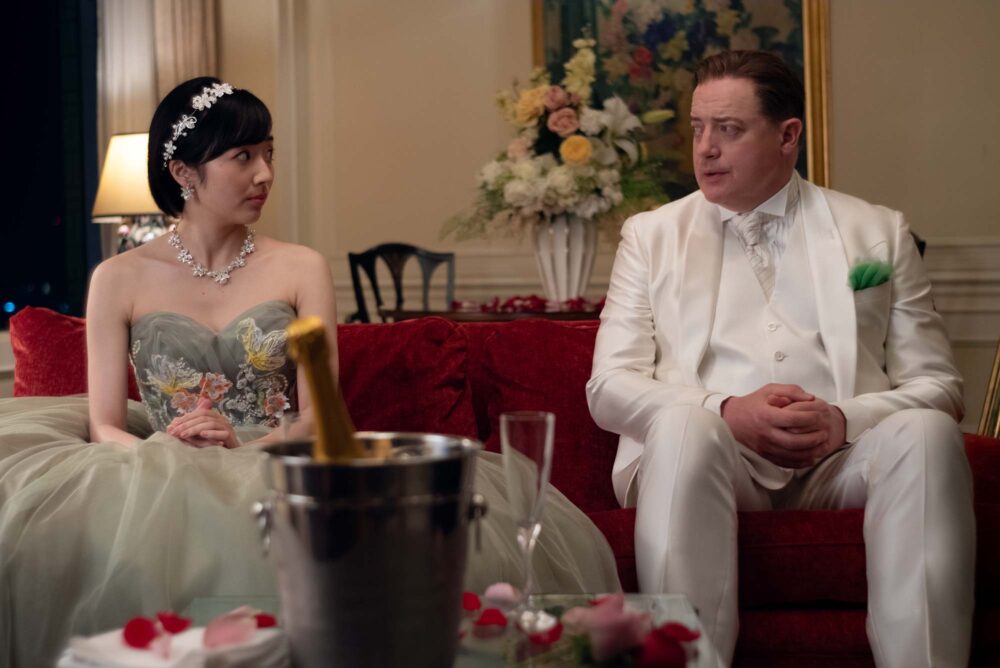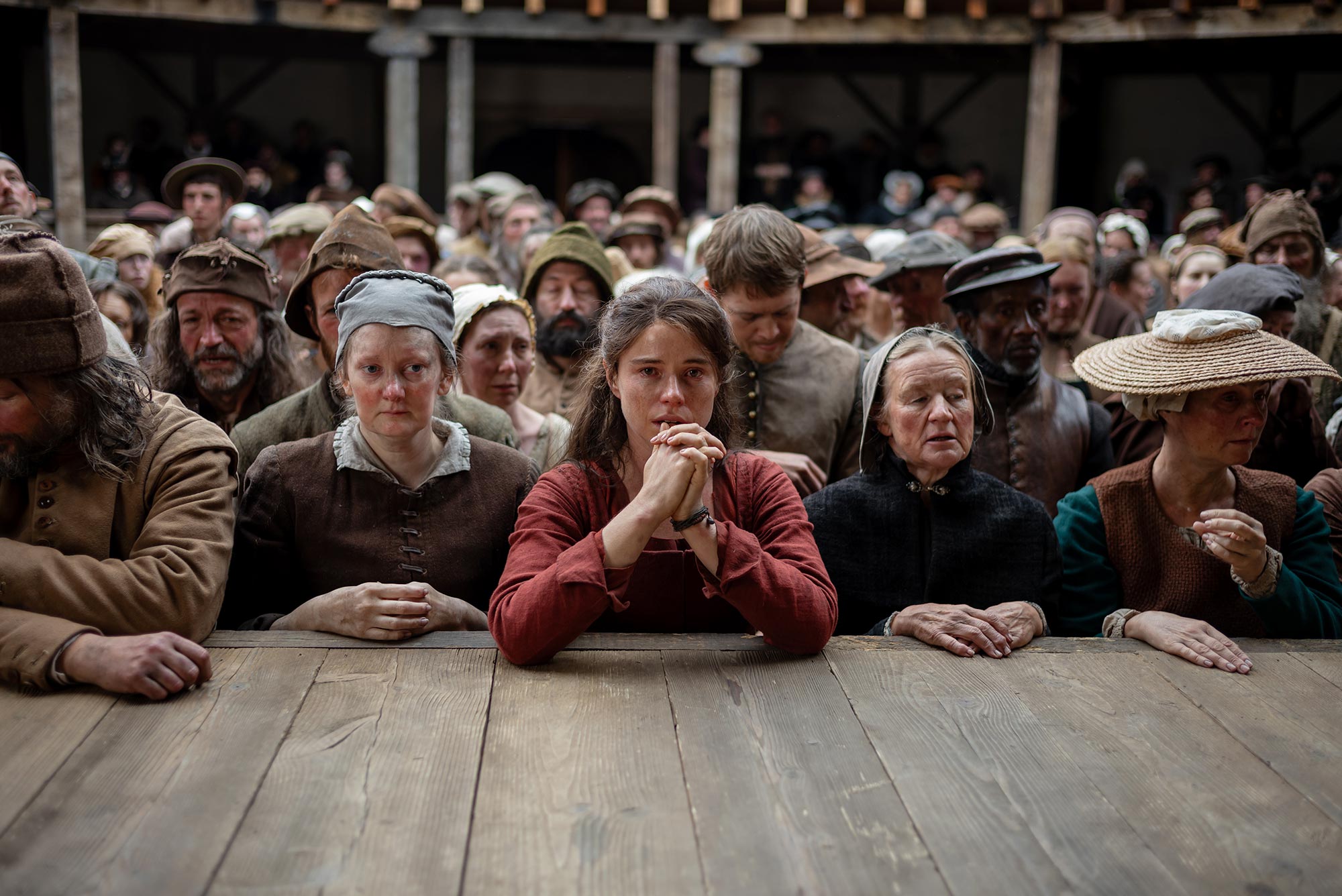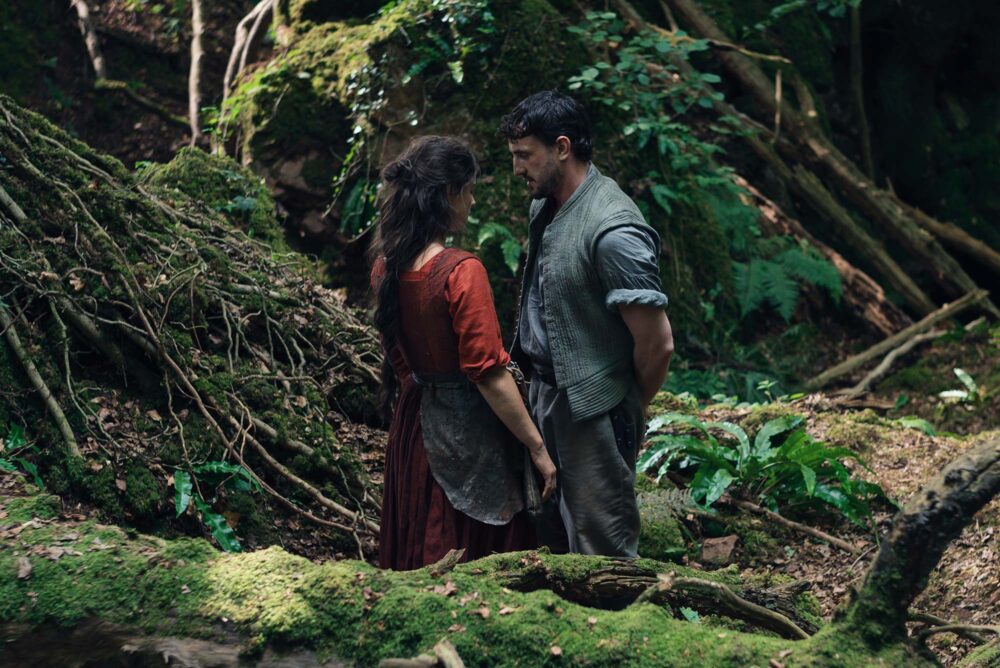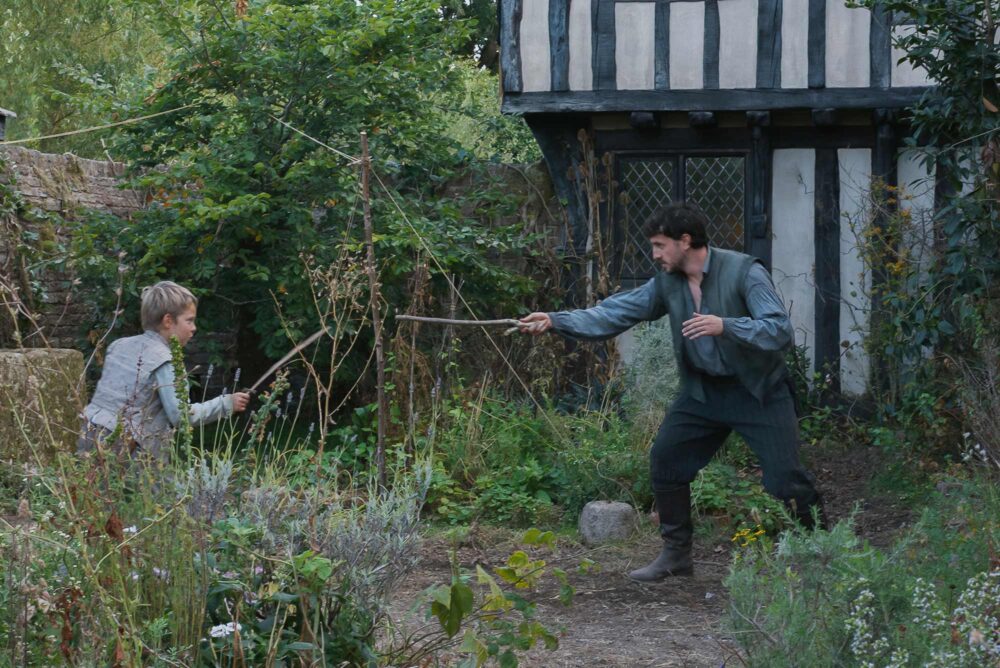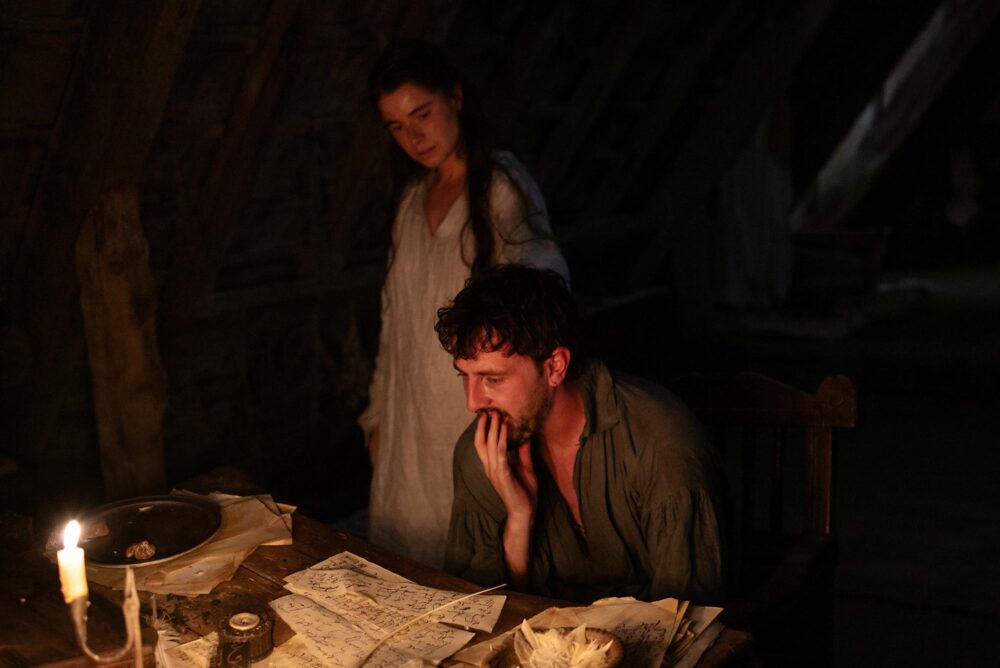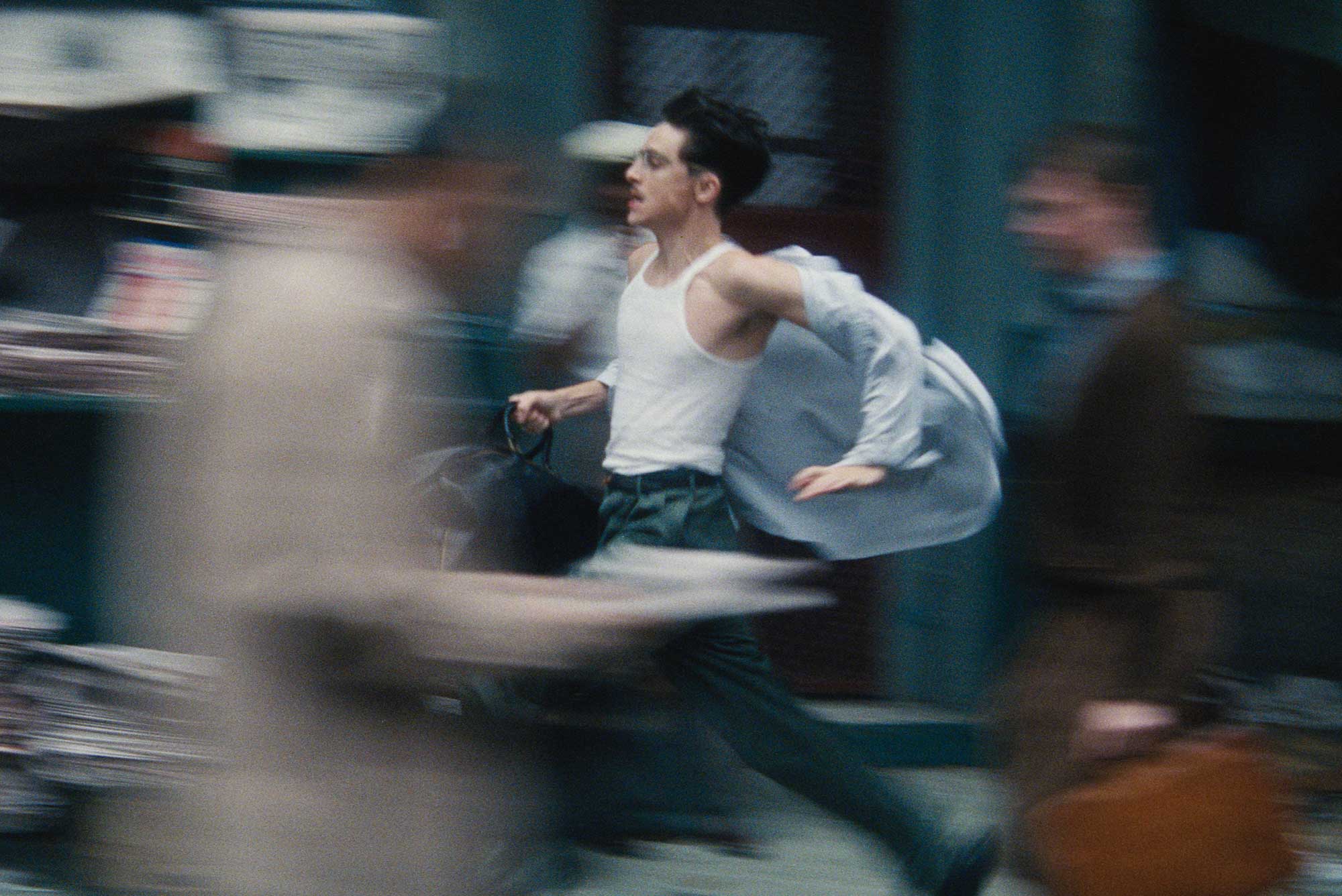Words by JANE CROWTHER
Mona Fastvold’s biopic of the leader of the Shaker religious movement is as unconventional and deliberate a piece of cinema as her last project, the lauded, bum-numbing The Brutalist, which she also co-wrote with her partner Brady Corbet. Incorporating interpretive dance and sung hymns into her story of an 18th century Manchester lass touched by God and inspiring a movement, Fastvold asks audiences to feel the fervour and radical departure presented by Lee, rather than suck up a history lesson in Shakerism. For some viewers, that may feel as though Lee is untethered, lacking in context, as she negotiates growing from a persecuted girl to a leader in the New World. For others it’s a welcome change to the usual cradle-to-grave recounting of historical figures – an invigorating glimpse into an untold life.
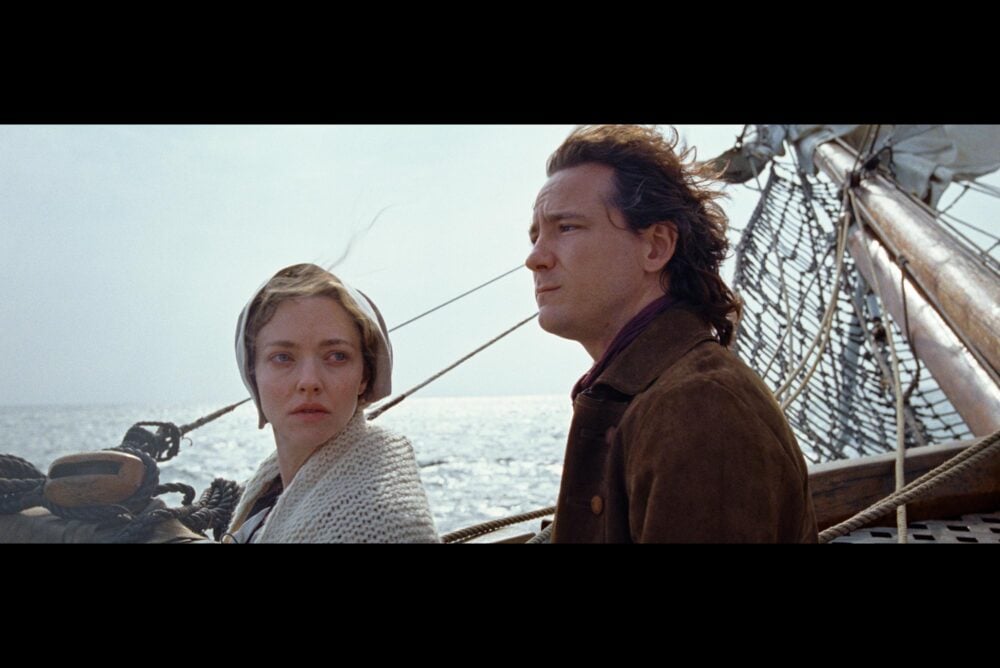
When we first meet Ann (Amanda Seyfried) in the North of England, she is poor and insignificant until she becomes famous for believing herself to be the second messiah – a bold statement in a Christian patriarchal society. Married to Abraham (Christopher Abbott), worshipped by her brother William (Lewis Pullman) and believing that the divine is channelled through devotees via involuntary, ecstatic spasms during prayer, Ann is soon leading a local sect and gathering a community together who abide by the rules of celibacy and physical veneration. In candlelit drawing rooms the cast sway, vibrate and whip their bodies around while singing and stomping, the rhythm and cinematography as seductive as the lure of a new way of approaching Christianity for Lee’s followers.
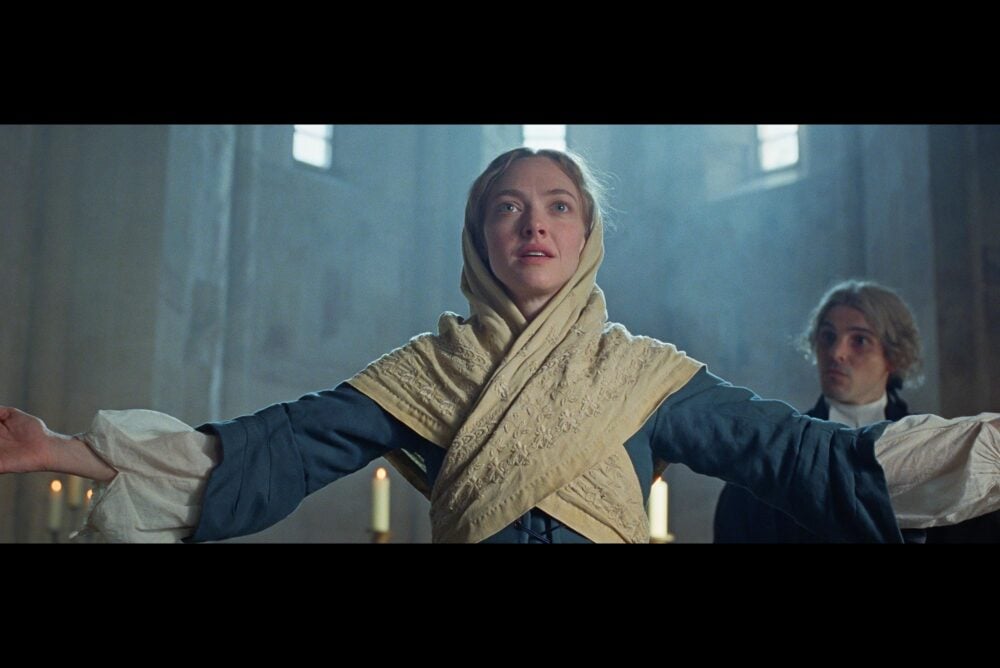
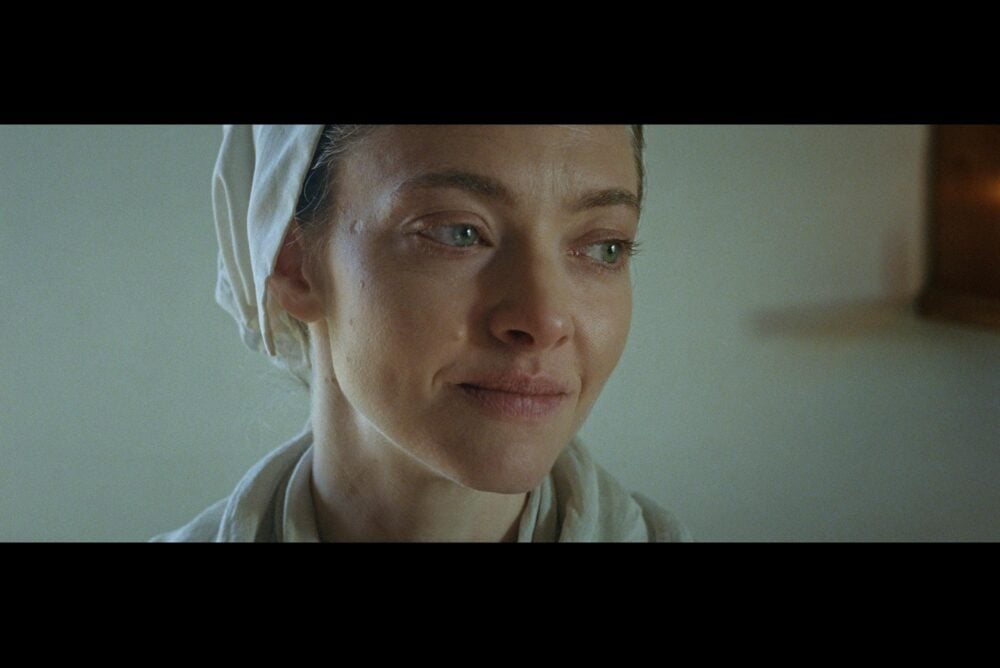
Imprisoned (and singing from her cell) Ann needs to find a place where her new ideas have the freedom to blossom, where a woman can preach, where new beliefs and immigrants are welcomed. It’s perhaps ironic in today’s political landscape to watch the Shakers set sail to the promised land of upstate New York, where the community grows (and makes excellent furniture). But by the time that Ann is getting grey-haired, after grief has diminished her, it’s hard to determine the takeaway for audiences in this deliberately woozy, slippery and insular portrait. Though the cultural and sociological imprint of Lee may be untapped, audiences will be certain of one thing: that Seyfried should have been in the awards conversation this year for her full-bodied, robust performance.
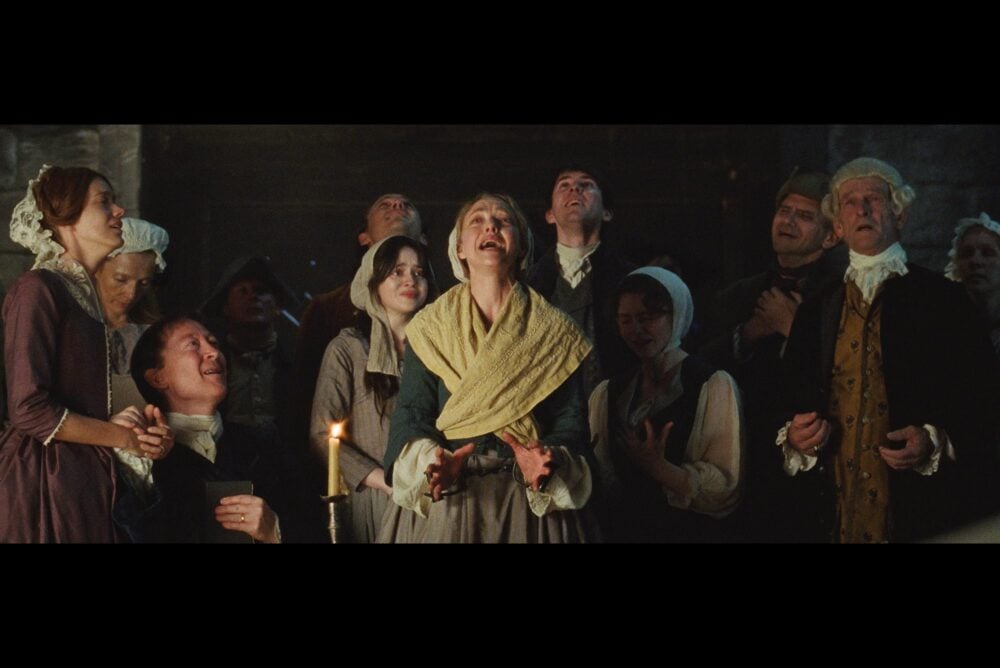
Words by JANE CROWTHER
Pictures courtesy of Searchlight Pictures
The Testament of Ann Lee premiered at the 82nd Venice Film Festival and is in cinemas now

